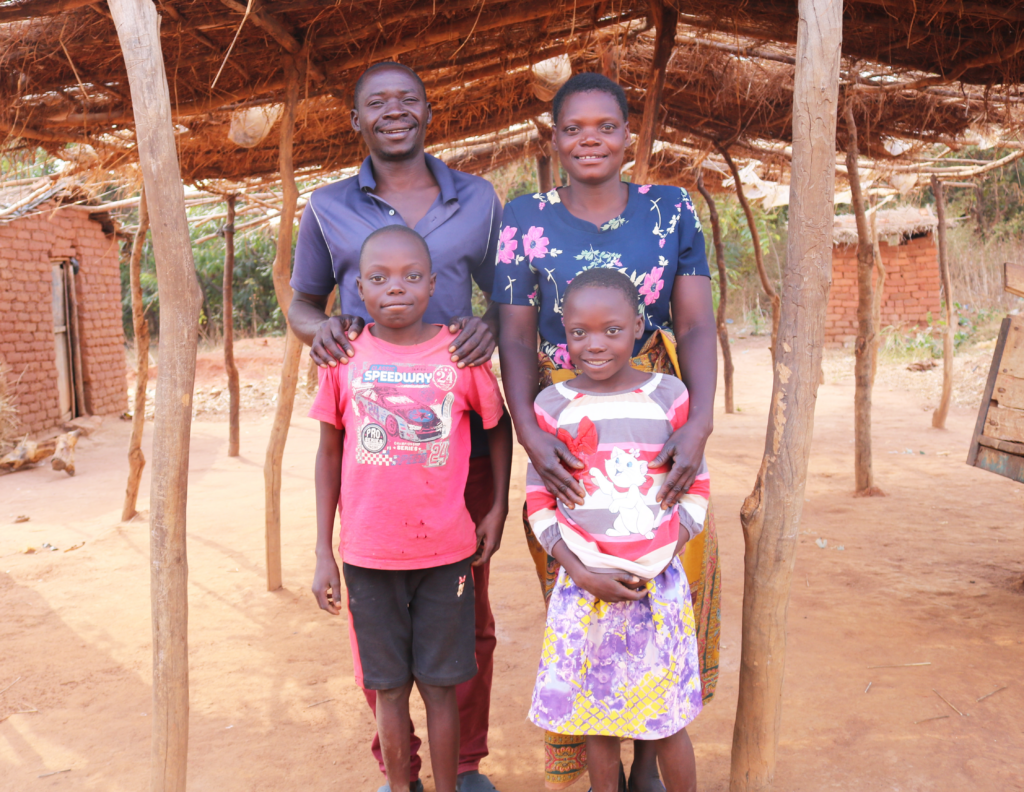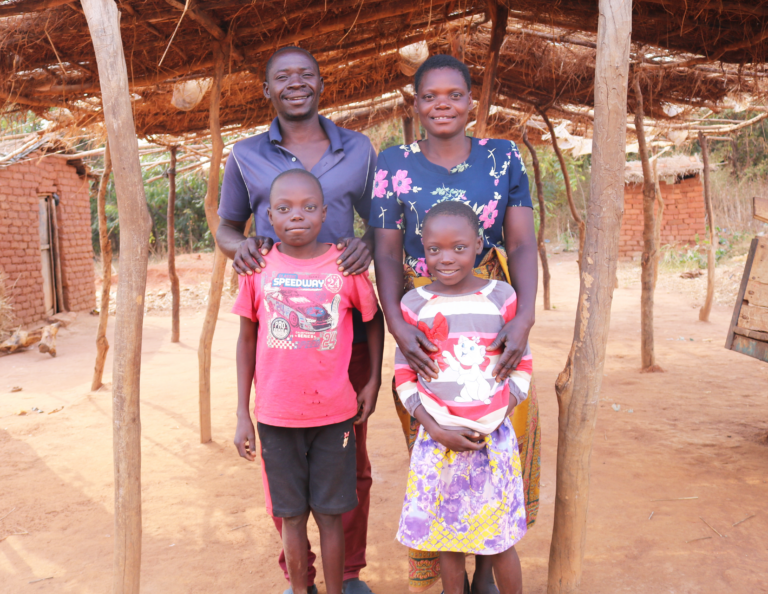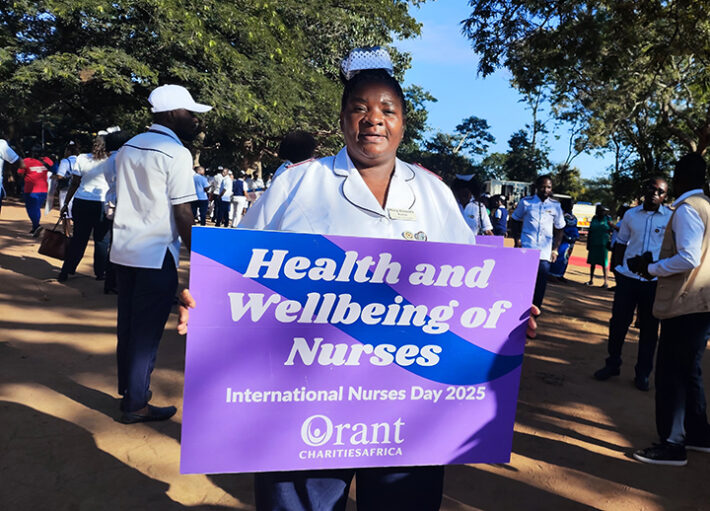Sickle Cell Anemia Affects a Family in Malawi

Consolatta’s Story

It is always heartbreaking whenever a mother sees her child sick. For Consolatta Kazinga, the situation was worse as she watched her two children on hospital beds, suffering from sickle cell anemia and waiting to receive blood. Learn how sickle cell anemia affects a family in Malawi through Consolatta’s story.
Consolatta is mother to 13-year-old Geoffrey and 9-year-old Rehema. They were both born healthy babies at Kasese Health Center.
Everything was well with Geoffrey, her first born, until he turned 4 months old. From then on, he became ill multiple times and was taken to different hospitals to no avail. Despite different doctors’ efforts, Geoffrey was not diagnosed with anything serious until he turned 13. Geoffrey’s frequent illnesses affected his performance in school.
How Sickle Cell Anemia affects one family in Malawi
In February of 2022, Geoffrey got so sick that he required a blood transfusion. Orant Charities’ Kasese Health Center clinicians referred him to Madisi hospital to get tested for sickle cell disease.
“I had never heard of that disease so I took it lightly. I did not take my son to Madisi hospital as advised by the clinicians at Kasese Health Center. Instead, I took him home and I was just giving him pain killers,” explains Consolatta.
After 2 days of staying at home and taking painkillers, Geoffrey’s body became very swollen, which was Consolatta’s wakeup call. She knew something serious was wrong with her son and she rushed him to the hospital where he was diagnosed with sickle cell anemia.
Sickle cell disease affects children the world over
Sickle cell anemia is one of a group of inherited disorders that affects the shape of red blood cells, which carry oxygen to all parts of the body. Red blood cells are usually round and flexible, so they move easily through blood vessels, but in sickle cell anemia, some red blood cells are shaped like sickles or crescent moons.
There’s no cure for most people with sickle cell anemia. Treatments can only relieve pain and help prevent complications associated with the disease. Thus, after being diagnosed with sickle cell disease, Geoffrey received medication to relieve pain and he started getting better.
When both children become ill, it takes a toll on the parents
However, at a moment when Consolatta and her husband Alick thought things were going to get better, something worse happened. Her daughter, Rehema, became ill as well with signs and symptoms similar to those that Geoffrey had. Consolatta rushed her daughter to Kasese Health Center. Since the clinicians had Consolatta’s son medical history, they suspected Rehema could have the same problem from the symptoms she presented. They referred her to Madisi hospital to get tested. Rehema was also diagnosed with sickle cell disease and was given medication.
“It was a heavy burden for my husband and I to bear. Our only children being diagnosed with sickle cell felt like the world was coming to an end for us. We feared that we could lose them both. On top of that, considering our financial standing, we could not manage to support two sick children,” says Consolatta.
Orant’s clinic provided and still provides Consolatta and her children with bus fare and medical fees.
Orant’s health care program assists children in Malawi
“Most of the people that we treat are coming from humble backgrounds. The situation becomes worse for those patients who have lifetime sicknesses and require special medical attention from Kamuzu Central Hospital. They require money for transportation every month for their visits; something that they can not afford. This is why our healthcare program helps people like Consolatta to cover such costs,” says Kasese Health Center’s Clinical Officer, Wilson Bett.
“I am always thankful to the donors for the support rendered to my two sick children. They are now healthy and neither of them has gotten sick in the past five months. Orant’s support has given me so much hope,” says Consolatta.




